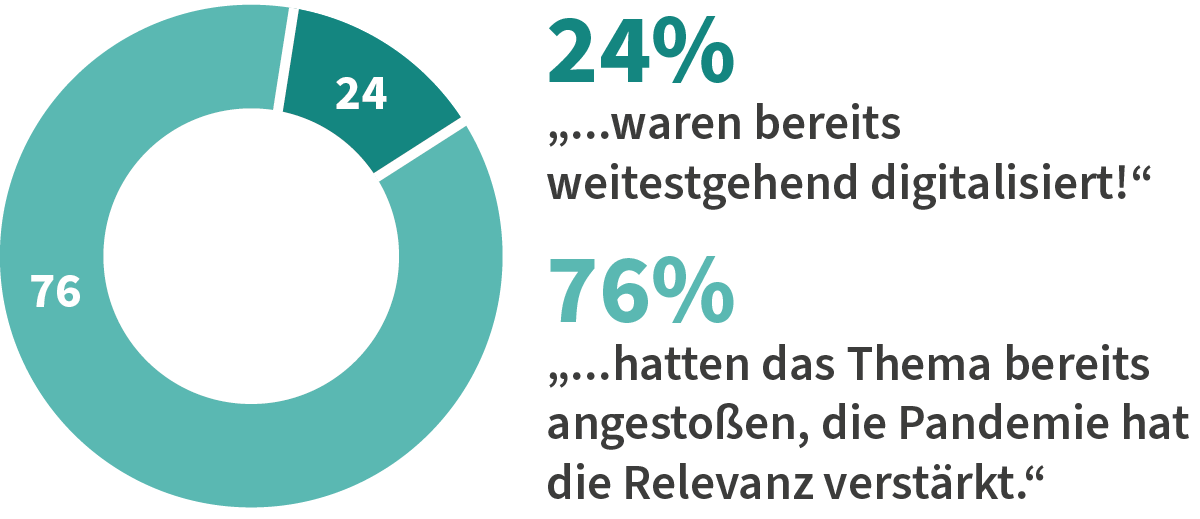
"In mechanical and plant engineering, we deal with millions, even billions of variants and hundreds of product features. The fact that the configured machine elements are installed in systems that specify restrictions increases the degree of complexity."
MICHEAL WILLE, managing director







